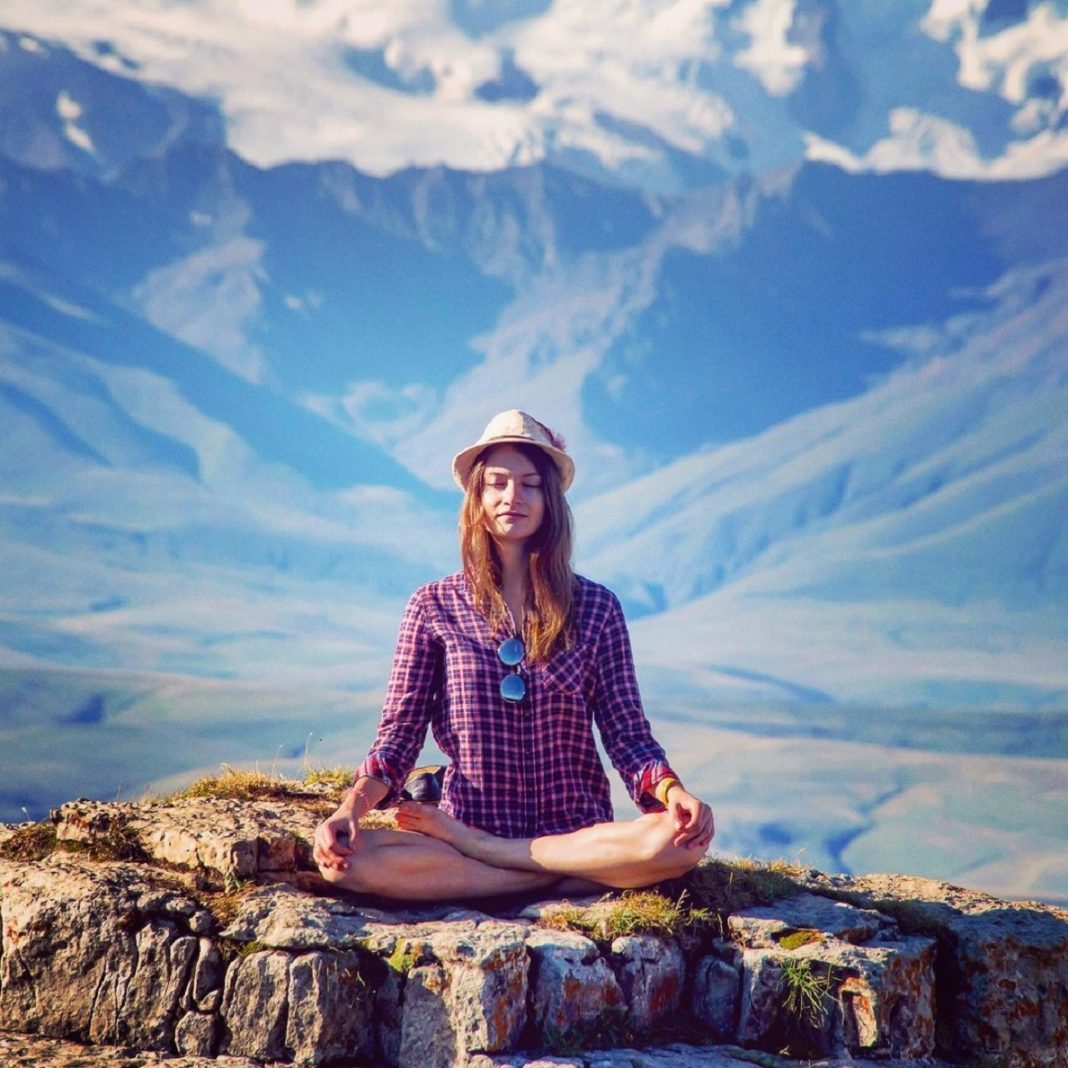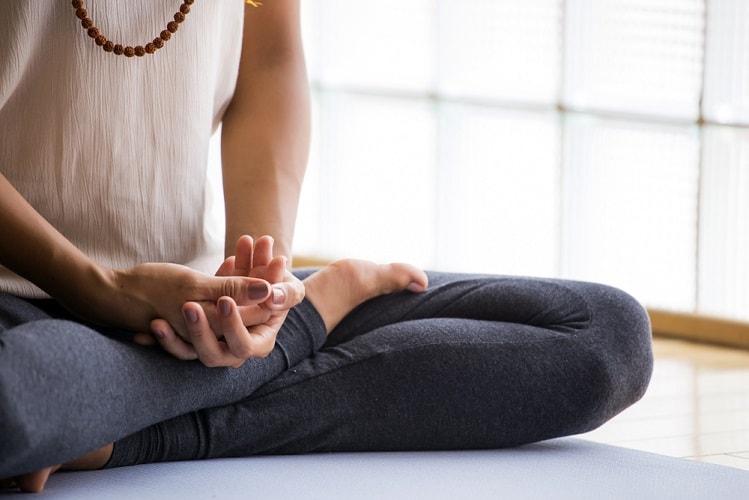 Undertaking a yoga teacher training is a life-changing experience. Whether you choose an intensive multi-week course or a program that meets at regular intervals over many months, you’ll be receiving an incredible amount of information. In addition to learning about anatomy, poses, history, and philosophy, you’ll be expected to integrate all of this information into your body, mind, spirit, and lifestyle. What you learn and experience in a yoga teacher training will have a considerable influence in the way you practice and teach yoga in the future.
Undertaking a yoga teacher training is a life-changing experience. Whether you choose an intensive multi-week course or a program that meets at regular intervals over many months, you’ll be receiving an incredible amount of information. In addition to learning about anatomy, poses, history, and philosophy, you’ll be expected to integrate all of this information into your body, mind, spirit, and lifestyle. What you learn and experience in a yoga teacher training will have a considerable influence in the way you practice and teach yoga in the future.
Needless to say, picking the right program is important. With the recent Americanization and commodification of yoga (here’s lookin’ at you, Lululemon), one might reasonably wonder if the best place to learn isn’t the studio down the street but somewhere else entirely. It’s easy to assume that a more authentic experience might be found in some far-flung destination that (we imagine) is untouched by stretchy pants controversies, yoga-beer mash-ups, and glow-sticks-required yoga raves.

If you love to travel, experience new cultures and have the money to spend on a yoga teacher training abroad—whether at an ashram in India (where yoga originated) or Italy (because you’ve always wanted to go)—then why not? Combining the excitement of traveling with the transformative experience of getting deep into your practice and stepping into the teacher role is a wonderful idea! Go ahead and pull an Elizabeth Gilbert a la Eat, Pray, Love—I’m sure you’ll have some great stories to tell.

But a more interesting question is whether or not studying yoga abroad is necessary for that “authentic” experience. Does one literally have to leave in order to arrive? As little as twenty years ago, the answer was “yes” for many of the American teachers that we look up to today, as the US didn’t have many advanced yoga teachers to learn from. Master teachers like Patricia Walden studied in Pune with B.K.S. Iyengar. The founders of Jivamukti Yoga, Sharon Gannon, and David Life, studied in India before bringing their teachings to New York City. Countless senior teachers have been influenced by Sri K. Pattabhi Jois, Sri T. Krishnamacharya, and Iyengar, and now many of those teachers are here, teaching yoga in the US. In that way, there isn’t that same need to go abroad to find teachings that are now widely available.

Authenticity is important—but it’s more important to decide what that means for you. I would argue that you should look for a teacher who is wise and knowledgeable, someone with whom you feel inspired to study. Choose a teacher who is genuine in their intentions of spreading the gift of yoga. You will also know when you meet a teacher who is full of it, so trust your instincts if that comes up. “We’ve had dozens of teachers come to teach for us over the years, and we’ve come to define authentic teachers not as those from a particular lineage or part of the world, but who teach with devotion to individuals, as opposed to pushing rigid or marketable yoga systems,” says Adam Carney from East+West yoga trainings in Bali. “Authentic teachers are always unique in their own way but seem to have this in common.”

To help you create clarity in your assessment of the authenticity of a yoga teacher, ask yourself several of the following questions:
• Does this teacher demonstrate self-awareness of his/her strengths and weaknesses?
• How much do they instruct from a place of devotion or intellect?
• Does this teacher speak and act with integrity?
• Can they listen and reflect with mindfulness and compassion?
• Does this teacher practice clear and open communication?
• Do they have a deep knowledge and practice of yoga?
• Does this teacher possess humility and a lack of ego?
• Do they seem honest, sincere, and fair towards others?
An authentic teacher could live in India. They could also live in Montana, New Jersey or North Carolina. We are so lucky to have access to this tradition closeby in the modern yoga era. No matter what the location is, we are still tasked to find and identify the best authentic teacher for our own needs and personality.

Once you have found a yoga teacher training that feels authentic to you and aligns with what you wish to learn, the work is not over. In order to get the most out of your yoga teacher training, it’s essential that we truly take the time to learn about yoga. (That means reading the Bhagavad Gita and immersing yourself in your own practice—not just doing handstands, waving glow sticks and drinking beer!) Honor yoga’s roots and sacred traditions. Find a teacher who honors yoga’s origins. Do these things, and you can’t go wrong. If you want to get on a plane, fine. But traveling deep within yourself is more important.

Originally Published: https://www.yogabasics.com

















